 The MRC senior non-clinical fellowship is a highly prestigious award that provides non-clinical researchers of exceptional ability with exceptional opportunities to develop themselves to be research leaders. Applicants will be proven independent researchers with a track record of excellence in their scientific field, and will demonstrate significant promise as future research leaders. Support is now provided for seven years.
The MRC senior non-clinical fellowship is a highly prestigious award that provides non-clinical researchers of exceptional ability with exceptional opportunities to develop themselves to be research leaders. Applicants will be proven independent researchers with a track record of excellence in their scientific field, and will demonstrate significant promise as future research leaders. Support is now provided for seven years.
Who can apply?
Applicants will normally hold a PhD/DPhil and have at least six years’ post-doctoral research experience in academia or the wider economy. Applications from current MRC Career Development Award holders are particularly welcome.
Proposals are encouraged across all areas of the MRC’s remit from basic molecular science to applied clinical research. Medically and other clinically qualified professionals who are clinically active are ineligible, and should consider MRC’s Clinical Fellowships or Population Health Scientist Fellowship schemes.
MRC fellowships are not available to individuals who hold a tenured academic or research position, in the UK or overseas, at the time of application. If you hold a tenured position you should instead apply for funding under one of the MRC grant schemes. Similarly, individuals without formal tenure who are already supported by their Research Organisation as research team leaders should seek MRC grant funding rather than support via an MRC fellowship. There are no residence eligibility restrictions for this fellowship.
As part of the MRC equal opportunities policy, consideration will be given to applicants who are returning to science following a career break. There are no age limits for any of our schemes and all fellowships may be held part-time to fit in with domestic responsibilities.
The award provides a competitive personal salary for the fellow, research support staff, research consumables expenses and capital equipment appropriate for the research project, travel costs, and other appropriate items under full economic costs at a UK research organisation.
However, a Fellowship is not merely a large personal “grant.” Now that the awards are for seven years, candidates must show a commitment to developing the breadth of their research careers as well as excellence in depth. We recognise that plans for the later stages of a fellowship may be less detailed than those for the earlier years. Nevertheless, applicants should have ambitious and credible ideas for developing themselves as research leaders – scientists with vision and the ability to drive change.
Applicants are encouraged to take advantage of the opportunity provided by the Senior Non-Clinical Fellowship to spend time in an overseas research centre, a second UK research centre or a UK industrial centre. The aim is to provide a concentrated period of training that cannot be achieved as effectively within the academic host institution. MRC consider this period at a second centre to provide an invaluable opportunity to broaden fellows’ development towards becoming a research leader, and they would normally expect the Fellow to make one visit of up to 12 months. The interview panel may agree to requests for visits to more than one centre, if this can be justified on the grounds of training and development needs. These should not be simply collaborative visits. The Felllow should be prepared at interview to discuss in detail any visits proposed.
Tenure of award
An MRC Senior Non-Clinical Fellowship may be awarded for any period up to seven years. A mid-term review will be conducted by Panel members and MRC staff, to evaluate the fellow’s progress and institutional support, and also as an opportunity to provide mentorship and career advice for the fellow.
When applying, the case for support should describe a plan for seven years of research. However it is appreciated that during the tenure of the award, advances will be made and unexpected results may be produced which impact on the planned work, especially in the later years of the award. Consequently they encourage applicants to outline options for the last years of the fellowship rather than provide comprehensive details.
To account for the new longer duration, the case for support may be up to 12 pages in length.
Deadlines and submission details
This fellowship competition is held twice a year. There is no need to submit an outline application. Please see the schedule and deadlines for fellowships for closing dates.
Please apply for the Senior Non-Clinical Fellowship using the RCUK Je-S application system. Your proposal must be submitted through the MRC Je-S system by 4pm on the relevant deadline date.
Closing date: 10 October 2012
Short listing: February 2013
Interviews: 20 -21 March 2013
Take up dates: April – September 2013
Other work responsibilities
MRC senior non-clinical fellows and research support staff funded through full-time fellowships may spend up to six hours a week on teaching, demonstrating or other work. Payment for this work may be retained in full if this is the host institution’s normal policy.
Applications for other grant support
It is expected that senior fellows will seek grant support either from the MRC, through a research grant or other funding streams, or grants from other funding organisations. In applying for such funding, fellows should be mindful of their fellowship commitments (see above).
Guidance for applicants
For further information please refer to MRC’s contacts page.
The RKE Operations team can help you with your application.








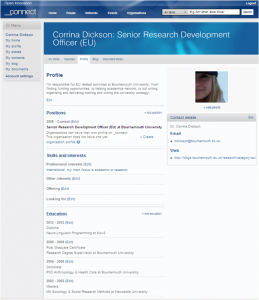
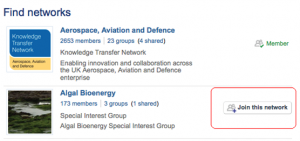



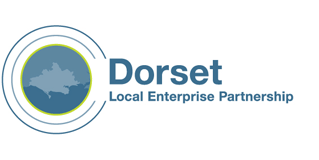
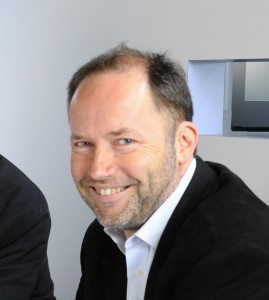

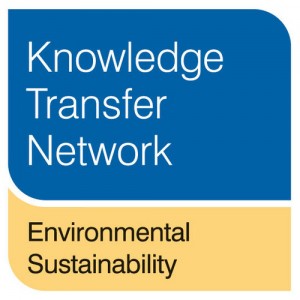
















 Bournemouth University psychologists publish new book
Bournemouth University psychologists publish new book Connecting Research with Practice: FoodMAPP Secondment in Austria and France
Connecting Research with Practice: FoodMAPP Secondment in Austria and France Health promotion paper read 8,000 times
Health promotion paper read 8,000 times The Beautiful Work Challenge: On Birth
The Beautiful Work Challenge: On Birth Free event on Solutions to Inequalities in Dementia Diagnosis and Care
Free event on Solutions to Inequalities in Dementia Diagnosis and Care MSCA Postdoctoral Fellowships 2025 Call
MSCA Postdoctoral Fellowships 2025 Call ERC Advanced Grant 2025 Webinar
ERC Advanced Grant 2025 Webinar Horizon Europe Work Programme 2025 Published
Horizon Europe Work Programme 2025 Published Horizon Europe 2025 Work Programme pre-Published
Horizon Europe 2025 Work Programme pre-Published Update on UKRO services
Update on UKRO services European research project exploring use of ‘virtual twins’ to better manage metabolic associated fatty liver disease
European research project exploring use of ‘virtual twins’ to better manage metabolic associated fatty liver disease